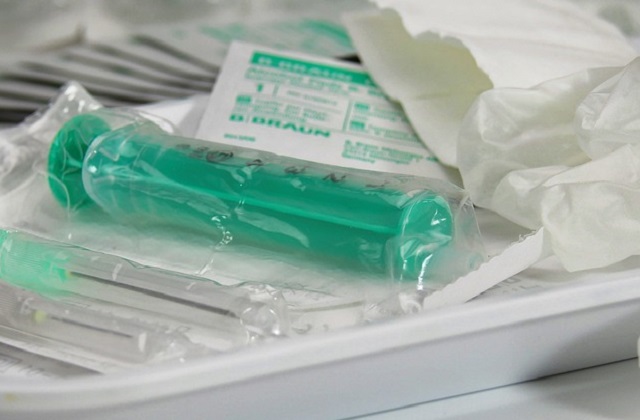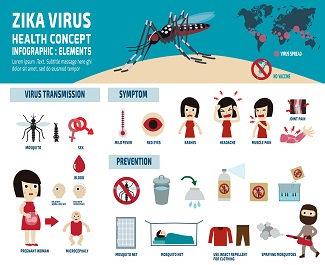General introduction of side effects of vaccines:
In Singapore, vaccination against tuberculosis, hepatitis B, diphtheria, tetanus, pertussis (DTap) , poliovirus, haemophilus influenza type B(Hib) and measles, mumps, rubella(MMR) are compulsory for children.
Side effects for these vaccines include fever, redness, swelling, These side effects are usually mild and go away on their own, but serious reactions are also possible.
People sometimes faint after vaccination. Tell the nurse immediately if your baby or child looks dizzy, or have vision changes or ringing in the ears after vaccination.
Any medication can cause a severe allergic reaction. Such reactions from a vaccine are very rare, estimated at about 1 in a million doses, and would happen within a few minutes to a few hours after the vaccination.
In Polyclinics in Singapore, you can always ask for a free Paracetamol just in case that fever occurs.
Nurses in the polyclinic will usually ask parents to stay in Polyclinic to monitor any allergic reaction from vaccination as a precaution.
Side effects of BCG (Tuberculosis) vaccine:
Mid problem
Vaccination with BCG produces a small raised bump 2 weeks later. The raised bump ulcerates within 2 to 4 months, and heals slowly with scarring.
Side effects of Hepatitis B vaccine:
Most children will not have any problem after getting hepatitis B vaccine.
Mild Problem
This includes soreness where shot was given. If these problem occurs, they usually begin soon after the shot was given and last 1 or 2 days.
Compare with other vaccine, it is very rare for hepatitis B vaccination to cause fever.
Side effects of DTap (Diphtheria, Tetanus, Pertussis) vaccine:
The risk of DTaP vaccine causing serious harm, or death, is extremely small.
Mild Problem
In total, 5 doses of DTap vaccine will be given. The following are more likely to occur in the 4th or 5th dose.:
Fever: It is considered common for children to have fever. It is estimated that up to 25% of children will develop fever after the DTap was given.
Less than 25% of children will develop redness or swelling, soreness where the shot was given.
Vomiting or tiredness can also occur.
Very uncommon problem of this vaccination include seizure, non-stop crying and high fever.
Very rare problem includes serious allergic reaction, long-term seizure, coma or permanent brain. damage.
Whenever these happen, consult your doctor immediately.
Side effects of Poliovirus vaccine:
Most children will not have problem with Poliovirus vaccine.
Side effects of Haemophilus influenza type B vaccine:
Most children will not develop any problem with this vaccine.
Mild Problem of Hib vaccine
Mid problem that may be associated with this vaccine include redness, or swelling at the area where the shot was given
Mild fever may also occur after vaccination.
These problems are uncommon. If they occur, they usually begin soon after the shot and last 2 or 3 days.
Side effects of Measles, Mumps, Rubella (MMR) vaccine:
Most people who get MMR vaccine do not have any serious problems with it.
Mild problems of MMR vaccine:
This includes fever (up to 1 out of 6): If this happens, it will happen about 6 days or later after vaccination.
Mild rash may occur to about 1 person out of 20.
Swelling of glands in the cheeks or neck may affect about 1 person out of 75.
If these problems occur, they usually appear within 6-14 days after the shot. They occur less often after the second dose.
Moderate problems of MMR vaccine:
Seizure (jerking or staring) caused by fever is very rare, it can happen to about 1 out of 3,000 doses.
Serious allergic reaction can happen to less than 1 out of a million doses.
Several other severe problems have been reported after a child gets MMR vaccine, including deafness, Long-term seizures, coma, or lowered consciousness and permanent brain damage
These are so rare that it is hard to tell whether they are caused by the vaccine.
Side effect of Pneumococcal vaccine:
Mild Problems
Redness, tenderness, or swelling where the shot was given occur in about one out of every four infants
Fever higher than 38 degree Celsius occur in about one out of every three infants
Fever higher than 39 degree Celsius occur in about one out of every 50 children
Occasional incidence of fussiness, drowsiness, or loss of appetite



